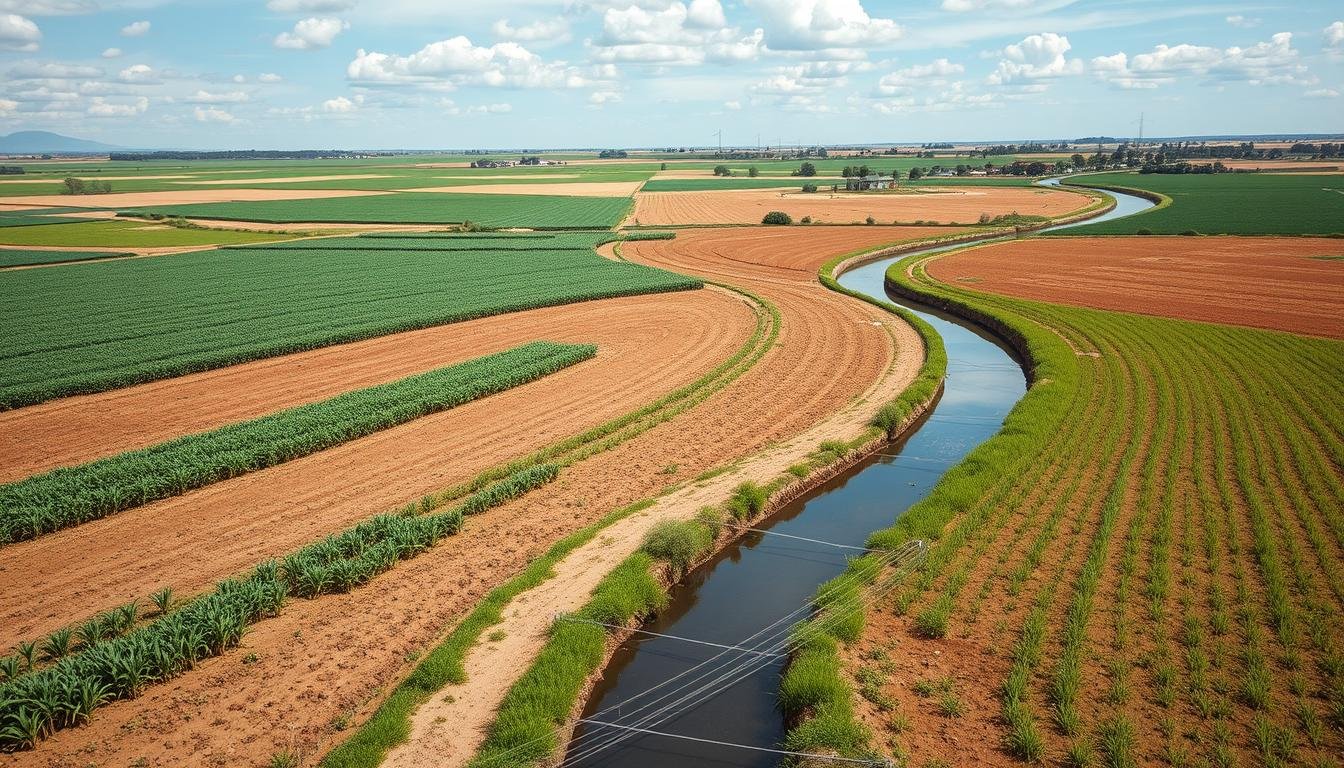Introduction
The government of Liberia has recently launched an ambitious agricultural plan to revitalize the nation’s economy. This groundbreaking initiative seeks to boost crop production, create jobs, and ensure food security for Liberia’s population. For our readers in the United States, this article provides a comprehensible overview of Liberia’s green revolution and its implications for both local and international communities.
The Initiative
Liberia, a country in West Africa, has predominantly relied on agriculture as a critical sector of its economy. With this new plan, the Liberian government hopes to modernize farming techniques, improve crop yields, and reduce poverty levels. The program emphasizes sustainability, technology adoption, and international partnership. The USD 718M plan is aimed at reinvigorating the agricultural sector and enhancing self-sufficiency in food production across Liberia from 2024 to 2030.
Goals of the Initiative
- Increase Agricultural Productivity: Introducing new farming techniques and high-yield crop varieties.
- Job Creation: Generating employment opportunities within the agricultural sector.
- Food Security: Ensuring that every Liberian has access to sufficient nutritious food. The looming food crisis in Nigeria and the recent weather-related incidents in North Carolina are of great concern to food security therefore an initiative like Liberia’s must be lauded.
- Sustainable Practices: Encouraging environmentally friendly farming methods.
Implementing Modern Farming Techniques
The plan includes training programs for farmers to adopt modern farming techniques and technologies. These will focus on:
- Precision Agriculture: Using GPS mapping and data analytics to optimize farm operations.
- Irrigation Systems: Introducing efficient water management practices to combat droughts.
- Soil Health Improvement: Utilizing organic fertilizers and crop rotation to enhance soil fertility.
Significant Role of Technology
| Technology | Purpose |
|---|---|
| Drones | Monitoring crop health and spraying pesticides |
| Mobile Apps | Providing farmers with real-time weather updates and market prices |
| Blockchain | Ensuring transparency in the supply chain |
With these technological advancements, Liberian farmers can significantly increase productivity while ensuring sustainability.
Partnerships and International Cooperation
The success of the initiative hinges on robust partnerships with international bodies, including the United States. These collaborations can bring in essential expertise, funding, and resources needed to implement the plan successfully. Potential partnerships could focus on:
- Technical assistance and capacity building
- Investment in agricultural infrastructure
- Exchange programs for agricultural researchers and professionals
Economic and Social Benefits
By boosting the agricultural sector, Liberia anticipates several economic and social benefits, such as:
- Reduction in unemployment rates
- Enhanced standard of living for rural communities
- Decrease in hunger and malnutrition rates
- Increased export opportunities, bolstering Liberia’s presence in global markets
These benefits extend beyond Liberia, potentially impacting the global agricultural market and creating business opportunities for U.S. companies specializing in farming technologies and services.
Challenges and Solutions
Despite the promising aspects of the initiative, several challenges need to be addressed:
- Infrastructure Deficit: Limited transportation and storage facilities can hinder market access. Solution: Investment in rural infrastructure and logistics.
- Climate Change: Unpredictable weather patterns affect crop yields. Solution: Adoption of climate-smart agricultural practices.
- Financial Barriers: Limited access to credit for small-scale farmers. Solution: Implementing microfinance schemes to support smallholder farmers.
Conclusion
In conclusion, Liberia’s new agriculture initiative is an ambitious and strategic plan poised to transform the nation’s economy and improve the livelihood of its people. The integration of technology, sustainable practices, and international cooperation is key to its success. For U.S. readers, this plan presents a unique opportunity to engage in mutually beneficial partnerships with Liberia, contributing to global agricultural development.
Source Link
The New Dawn: Gov’t Launches Ambitious Agriculture Plan






